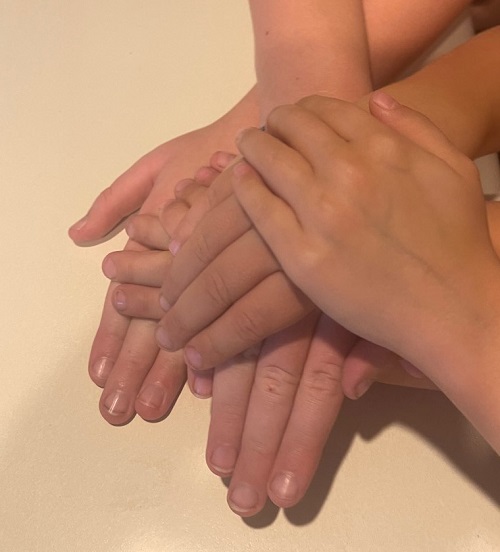Jump the Gun
In the past, a gun fired as a signal to start many sports contests. Runners occasionally became so excited, they would jump the gun. They started running before their races began.
To jump the gun means to begin before the right time.
Like athletes, we occasionally jump the gun in life. We act too quickly.
Rather than wait until everything is ready, we start too soon. Our actions are not:
- Appropriate
- Wise
- Approved
Patience is hard to practice.
Yet, we need it. Instead of getting in too big a hurry, we want to toe the mark. Better to follow the guidelines than ruin our chances of getting where we want to go.
When tempted to bypass the rules, let’s hold our horses.
Plan to go when it’s time to go but wait when it’s time to wait.
“Wait for the Lord; be strong and take heart and wait for the Lord” (Psalm 27:14 NIV).
Thanks to Melissa Bright for the suggestion. Image by Vlad Vasnetsov from Pixabay.
Do you have an expression you want explained or a thought about this one? If so, please comment below.
Subscribe to receive my weekly posts by email and receive a free copy of “Words of Hope for Days that Hurt.”
If you enjoyed this post, please share it with your friends.











